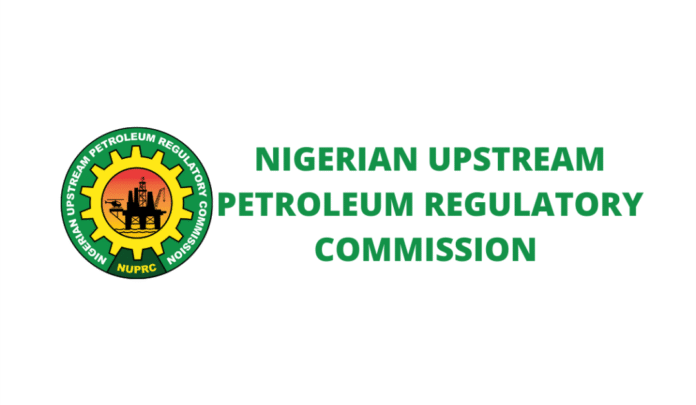The Federal Government, through the Nigerian Upstream Petroleum Regulatory Commission, has declared that the country is firmly on course to ramp up crude oil output to 2.5 million barrels per day by 2026, following its strategy to unlock deepwater potentials, revive dormant fields, and accelerate approvals for new projects.
It also announced the completion of a case-by-case review of the marginal fields licensing that are due for renewal.
The Chief Executive of NUPRC, Gbenga Komolafe, stated this in Abuja while delivering his goodwill message at the 2025 PENGASSAN Energy and Labour Summit, with the theme “Building a Resilient Oil and Gas Sector in Nigeria: Advancing HSE, ESG, Investment, and Incremental Production.” He says “Energy transition is gathering pace across the world,” noting that, “Global investment in low-carbon energy not only exceeded $1.7tn in 2023, surpassing fossil fuel investment for the first time in history, but also surged by an additional 24 per cent in 2024, reaching an unprecedented $2.1tn.”
Despite this shift, Komolafe stressed that hydrocarbons would remain central to global energy demand for decades, especially in Africa and Asia.
The NUPRC boss, disclosed that reforms under the Petroleum Industry Act 2021 and recent Presidential Executive Orders repositioned Nigeria as an attractive investment destination by cutting average contracting cycles from 36 months to six months and offering competitive fiscal terms.
He revealed that the commission, working with operators and service firms, was spearheading a “one million barrels per day” initiative to drive incremental production. He explained that the new “cluster and nodal development strategy” would help reduce costs, shorten timelines, and de-risk investments, using shared infrastructure and tiebacks to FPSOs such as Bonga, Egina, and Agbami.
He says This high-level forum brought together leading operators, service companies, and policymakers to forge a common agenda for unlocking more than 810,000 barrels of oil per day, in potential peak output, from approved deep offshore development plans,” Komolafe said the reactivation of dormant fields, accelerated approvals, and deployment of improved recovery techniques “have already increased production from a 1.46 million barrels per day baseline in October 2024 to 1.8 million barrels today,” adding that “with this momentum, the commission is firmly on track to reach our 2.5 million barrels per day target by 2026.”
On the energy transition, Komolafe said Nigeria is not ignoring global climate concerns but would adopt a “gas-centric decarbonisation pathway.” He says the NUPRC has completed a case-by-case review of the marginal fields licensing exercise that is due for renewal.


